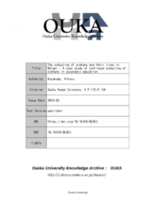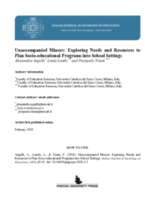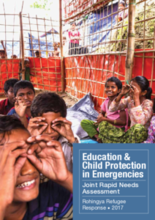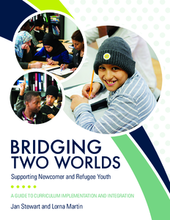Displaying 161 - 170 of 350
In this paper, the authors outline key findings about the educational attainment of children and young people in care as identified by national and international research on this topic.
The purpose of this study was to investigate how orphans in secondary schools, especially those in the low-income class in society, manage to continue their education.
This study examined the extent to which (a) maltreatment type and (b) foster care placement were associated with the educational attainment of 337 maltreated adolescents.
The current study reports the findings of a three-wave longitudinal study wherein the researchers examined the development of school engagement and analyzed which factors were predictive of school engagement in a sample of 363 Dutch foster children.
This paper advocates for use of the life course perspective as a guiding research paradigm when investigating the educational experiences of adult care leavers.
This study examined the effects of placement and school stability on students' academic growth before, during, and after out-of-home placements.
The focus of this paper is an evaluation of educational projects which have been designed and operated for the reception of unaccompanied minors in a series of Italian schools.
The main objective of this Joint Rapid Education and Child Protection Need Assessment (JRNA) was to identify education and child protection needs, priorities and capacities of Rohingya boys and girls in the camps, settlements and host community in Cox’s Bazar, Bangladesh to inform and provide the evidence-base for the 2018 Joint Response Plan (JRP).
Bridging Two Worlds provides teachers, school administrators and counsellors in Canada with the knowledge and practical resources to deliver more informed and culturally responsive career development and guidance to newcomer and refugee youth from Kindergarten to Grade 12.
This study sought to build on previous work that calls for the need to develop programs to support foster care alumni in higher education and to obtain a better understanding of the characteristics of existing programs and the perceived programmatic and student challenges as reported by program directors and staff, faculty, and researchers.




